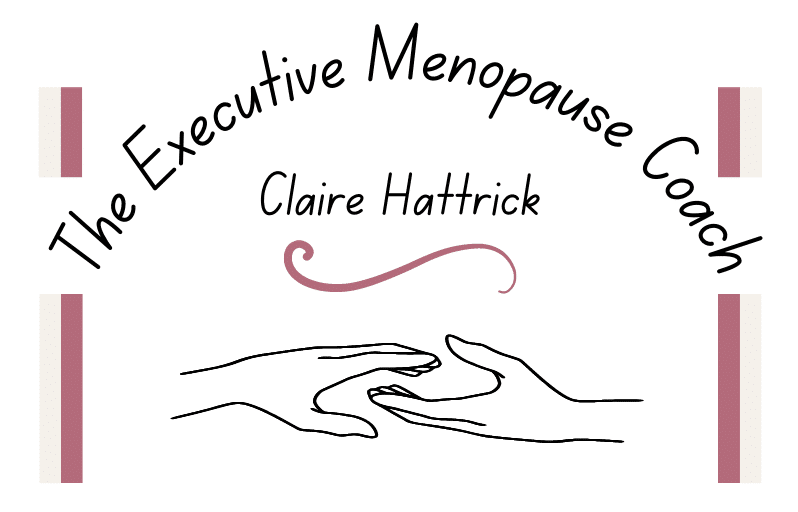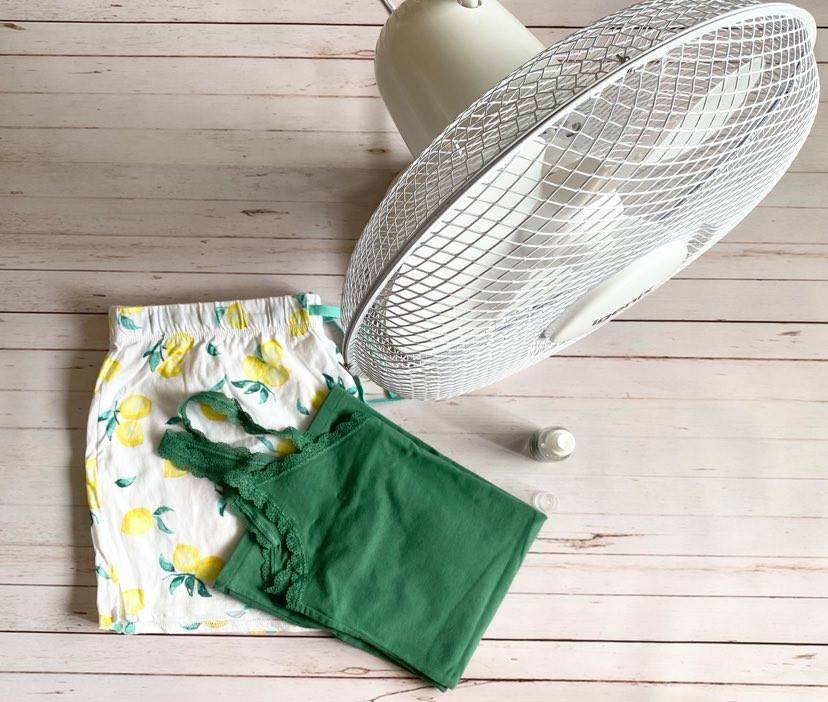Menopause Night Sweats.
Night sweats are very common during the Menopause (over 75% of women say they have suffered with them) they can frequently disturb your sleep and are a related symptom to Hot Flushes during the daytime. These symptoms are the most common ones experienced by women going through the Menopause and can be very debilitating if they cause you a total lack of sleep. They become more noticeable at night because you are in bed and sleeping (or trying to get sleep) and you are not able to take any action if you feel one coming on.
Lots of women wake up drenched in sweat, whilst others do not seem to be affected by the sweating at all. Like Hot Flushes, night sweats are extremely unpredictable, there is no particular time of the night they can happen, and the number of night sweats suffered can vary from one night to the next.
Please be aware that this blog post contains affiliate links and any purchases made through such links will result in a small commission for me (at no extra cost to you).
Click here to read our other Menopause blogs!
What causes Menopause Night Sweats.
Due to the Oestrogen levels falling during Menopause, the body’s thermostat (Hypothalamus) is thrown into confusion, no-one is entirely sure why, but it is thought the hypothalamus gets confused into thinking that the body is over-heating. It starts to make the body sweat to cool down, hence the usual body response with heat, the skin reddens, the sweat glands start working and excessive sweating begins.
What can we do to help with Night Sweats?
- Have a cool bedroom, night sweats are made worse if the bedroom is warm, do not have the heating on either.
- Avoid stressful situations if possible, any upset can add to adrenaline, this makes the sweat glands work harder.
- Smoking can make night sweats worse.
- Avoid hot drinks before bedtime.
- Avoid hot and spicy food.
- Drink plenty of fluid during the day, keeping hydrated.
- Have a lower tog duvet, I have one from Marks and Spencer and I love it!
- Wear light, cool clothing.

- Have a cool shower before bedtime.
- Have a fan on all night.
- Lose weight and exercise regularly.
- Cooling Sprays- or cooling Gels can help.
Cool Bedding and Pillows – Can keep the body cooler and temperature down. My friends absolutely rave about this bedding from Marks and Spencer for keeping them cool at night!
What can I take to help with Night Sweats?
HRT – Your GP may suggest taking this to see if it helps, with the drop in Oestrogen levels, HRT can help with hot flushes and night sweats. Some GPs’ may recommend other medication such as a mild antidepressant.
Yoga or Tai Chi – may help, with their relaxing techniques. Taking any regular exercise can help too especially with stress.
CBT – Cognitive Behaviour Therapy, can improve low mood and anxiety, it is a talking therapy that works for lots of women.
Supplements that can help with Night Sweats.
Valerian – For relief of sleep disturbance and anxiety.

Flaxseed – can reduce night sweats.
Vitamin B – Aids sleep.
Vitamin E – Good for Insomnia.
Magnesium – Great for a good night sleep.
What works for one does not always work for another, we are all unique, but using a sleep tracker can determine the best remedies that help you. If you are suffering too much with sleep depravation these will help your GP work out what medication might work for you.

Cold Flushes.
Most people have heard of Hot Flushes but lots of women suffer with Cold Flushes too. It is a cold, shivery and tingling feeling, that can leave you pale and feeling shaky. Often, they do not last long and are only momentary, but effect 100’s of women every day. Cold Flushes work the same as Hot Flushes, the fluctuating hormones during the menopause cause the hypothalamus (the body’s thermostat) to be all over the place. Sometimes hot and sometimes cold, it is the lack of Oestrogen that plays havoc with our body temperature, either over heating us or making us freezing cold.
Other reasons for having Menopause Cold Flushes during Perimenopause and Menopause.
- Changes to your Period cycle.
- Fatigue and feeling tired.
- Weight gain.
- Thinning hair
- Vaginal dryness.
- Mood swings.
Other Mood Disorders that cause Menopause Cold Flushes.
Anxiety attacks are another symptom of the menopause, and lots of mood disorders can contribute to Cold Flushes too. Panic attacks are another major symptom going through the Menopause, the body releases adrenaline and other chemicals that trigger the body’s ‘fight or flight’ reaction. This can affect your ability to control your body temperature.
What to do if you are having a Cold flush.
There is very little you can do initially but wait for it to pass, once it has and your temperate re-regulates itself you should warm up. A few things you can do to lower the likelyhood of having Cold Flushes are;
- Move around during the episode, do not stand still.
- Add a few layers whilst you are having a cold flush.
- Try yoga or deep breathing techniques to try and find ways to relax.
If you are concerned about cold flushes always go and speak to your GP, especially if they are affecting your daily life or you are sleeping badly. Again, tracking as much information about them as possible will help your GP to recommend any treatment.
*DISCLAIMER*This page does not provide medical advice; it is intended for informational purposes only and is based upon my opinion and experiences. It is not a substitute for professional medical advice, diagnosis or treatment. Never ignore professional medical advice in seeking treatment because of something you have read on The Executive Menopause Coach website. Always seek professional medical advice.




[…] Night Sweats and Cold Flushes – Often associated with sleep issues, these are a result of Hot Flushes, but you have them at night. Women also suffer with Cold Flushes, but they do not often last long. They work in the same way as Hot Flushes and are caused by fluctuating hormone levels. […]